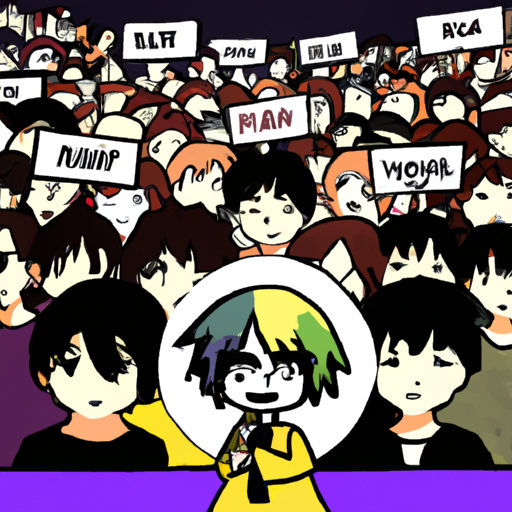This news explores the polarizing reactions to the pranks hosted by the famous TV personality Yasuko, giving rise to discussions concerning the boundaries of comedy and jest in modern Japanese entertainment. The debate indicates a broader, societal shift in perceptions about humor, personal boundaries, and public decency.
Prank shows are a hallmark of Japanese TV, however, they're under scrutiny for their ethical implications, considering their rise in popularity contrasts with a societal expectation of public decorum and respect for personal boundaries. The reaction to Yasuko's pranks is indicative of an ongoing debate about the extent of such shows and the normalization of public discomfort or embarrassment as comedy.
Like many western countries including the U.S and EU, Japan is grappling with changing perceptions towards humor and how it intersects with social values. However, the U.S is generally accepting of audacious pranks in media, though there has been controversy around consent and the potential harm caused. The EU varies, with countries like the UK holding similar views to Japan, valuing consent and individual dignity hence having stricter guidelines for prank shows.

